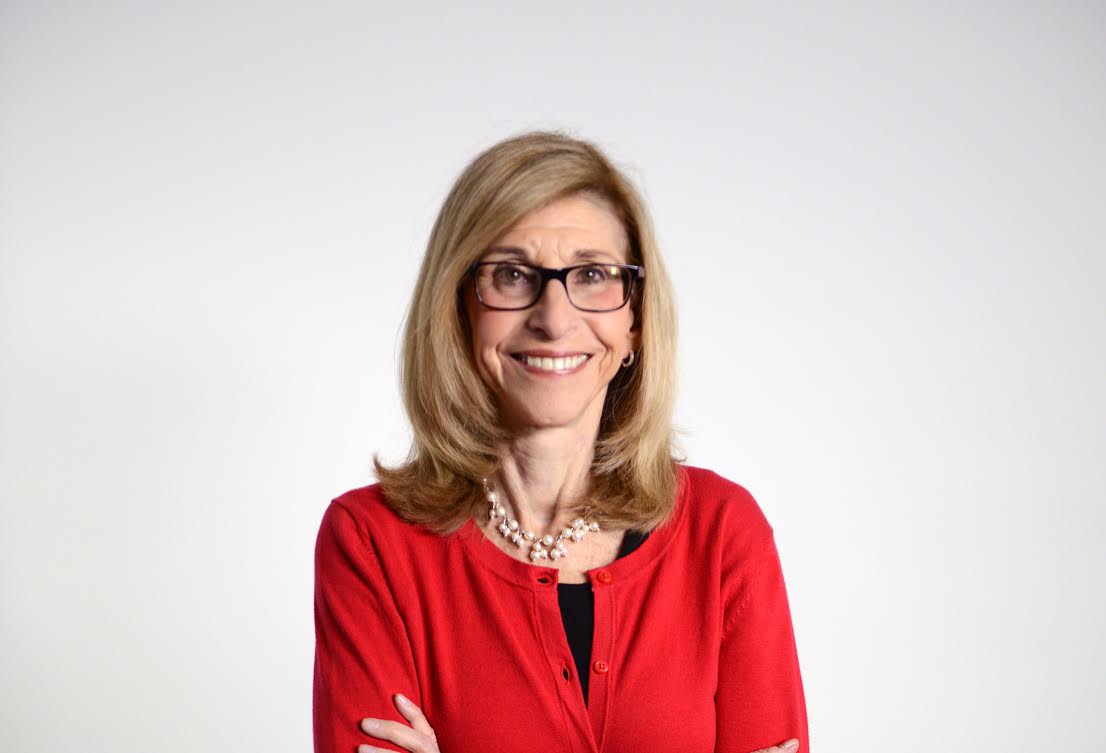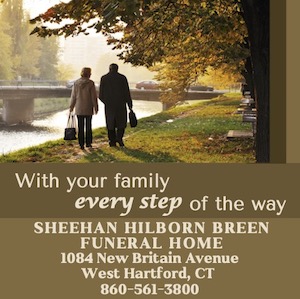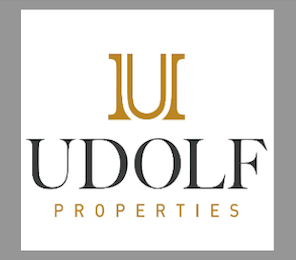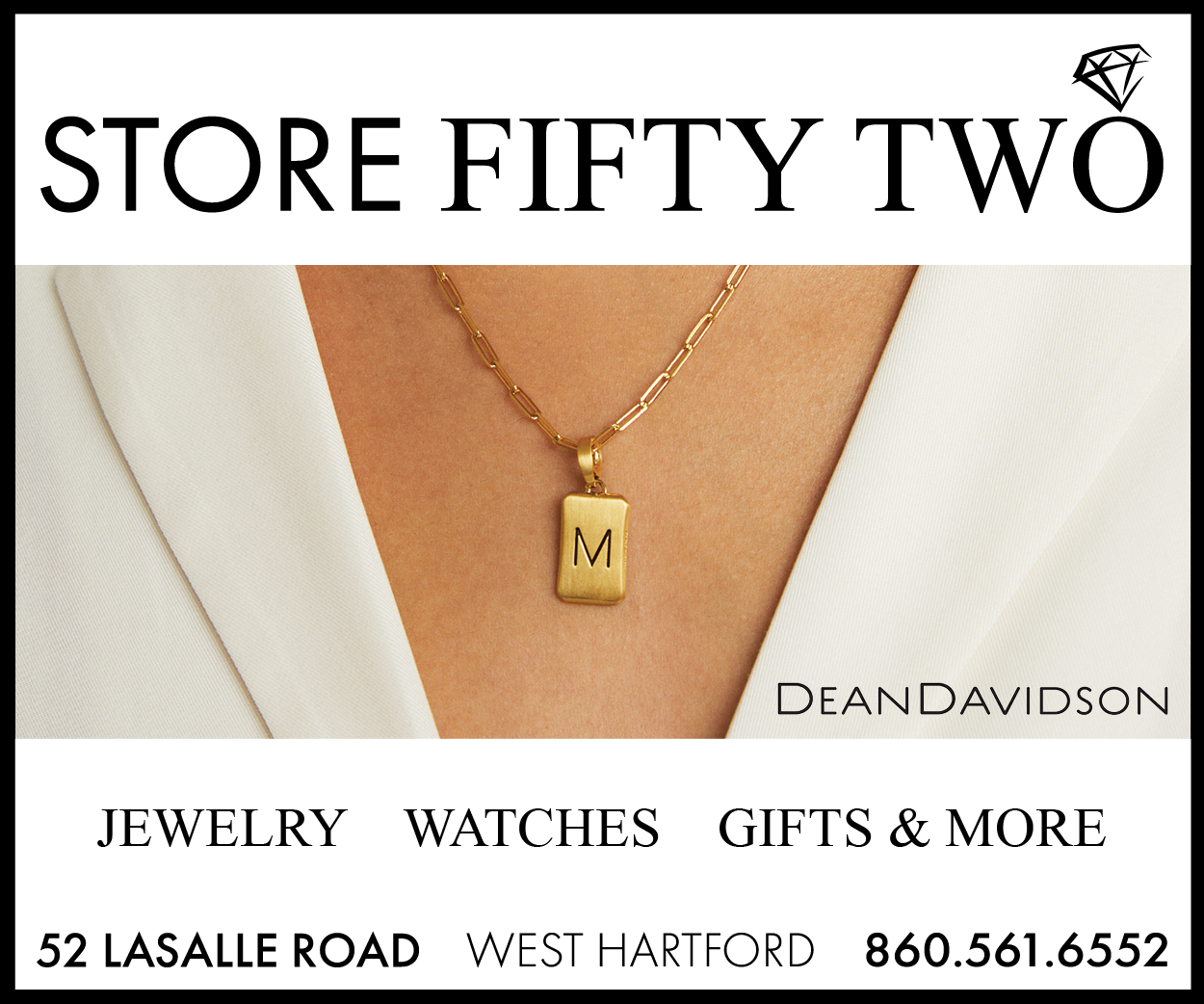
Special to the Ledger
WEST HARTFORD — The Maurice Greenberg Center for Judaic Studies at the University of Hartford will host a reception and offer tours of its new location in the University’s Harry Jack Gray Center on Monday, May 7, at 5 p.m.
Members of the community are invited to see the new facility, which includes two large seminar rooms, new faculty offices, a Holocaust research library, and a special collections room with artifacts and thousands of books about Jewish civilizations throughout the world.
The celebration includes an awards presentation for scholarship recipients and Holocaust educators, as well as a lecture at 6:30 p.m. on the Importance of Science, History, and Truth in the 21st Century by NOVA Senior Executive Producer Paula Apsell, who worked with UHart Professor Richard Freund on the Holocaust Escape Tunnel documentary.
Admission to the event is free, but reservations are requested.For information or to RSVP, contact Susan Gottlieb at sgottlieb@hartford.edu, or call 860.768.4964.
Q: As the senior executive producer of NOVA, one of the most respected science programs in the world, and a Jewish woman in media leadership. Can you tell readers how you came to this position?
A: I started at WGBH as the log typist, a position that mercifully has been automated. From there, I worked several years in radio, winding up as the statehouse reporter for WGBH FM. I joined NOVA in its second season, going from full producer in radio to a production assistant at NOVA. I didn’t know one end of a film camera from another, but, boy, did I learn. Within a few years, step by step, I became a NOVA producer and made several episodes for the series, eventually becoming its executive producer. Being flexible, looking for opportunities, being willing to step back a bit to go forward – and, most important, working incredibly hard – that’s how I’ve gotten to this point.
Q: You’re a role model for many aspiring television documentary makers and viewers and Jewish students. Do you feel a sense of responsibility?
A: Of course, I feel a huge sense of responsibility to help young people progress in their careers and to give them a helping hand up as so many people helped me. Mentoring young people is one of the most important things that I do.
Q: What advice would you give an aspiring student of film, a filmmaker or women going into media or science today?
A:That’s easy – work harder than anyone else and never say no to an opportunity. Work life balance is important, but it’s not a great recipe for getting ahead in your field.
Q: The title of your talk at the Greenberg Center opening and awards ceremony at at the University of Hartford on Monday, May 7 is: “NOVA and the Greenberg Center: On the importance of Science, History and Truth in the 21st Century”. Can you give us a preview of what will you be highlighting?
A: I’ll be highlighting the role of the scientific process as a way of getting at truth. Our NOVA documentaries don’t just emphasize breakthroughs and answers but the questions that scientists ask and how they go about answering them; in other words, how we know what we know. In this time of fake news, it’s more important than ever that we respect evidence and understand how it’s put together step by step to get the theories that explain our world. When you understand that, you know why science is so important and such a trustworthy guide to truth. As the saying goes, we’re all is entitled to our own opinions, but not to our own facts!
Q: I see you got a directing credit for NOVA’s Holocaust Escape Tunnel documentary how important was this documentary for you personally?
A: I don’t usually play a directing role on our NOVA episodes. I love doing it, but I’m usually working on at least twenty different projects at once so there’s no way I’d have the time. Holocaust Escape Tunnel was an exception. It’s an amazing story for anyone, but I suppose as someone very involved in Judaism and devoted to Jewish history, I was immediately and deeply engaged. It also struck me as a powerful example of the difference that scientific evidence can make in establishing without question what happened in the past, even when all the witnesses are gone.








 Southern New England Jewish Ledger
Southern New England Jewish Ledger










